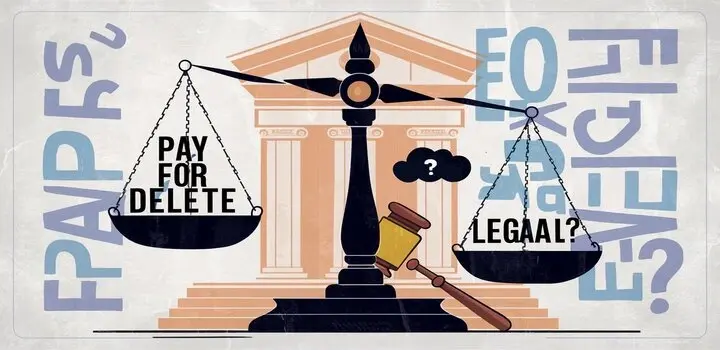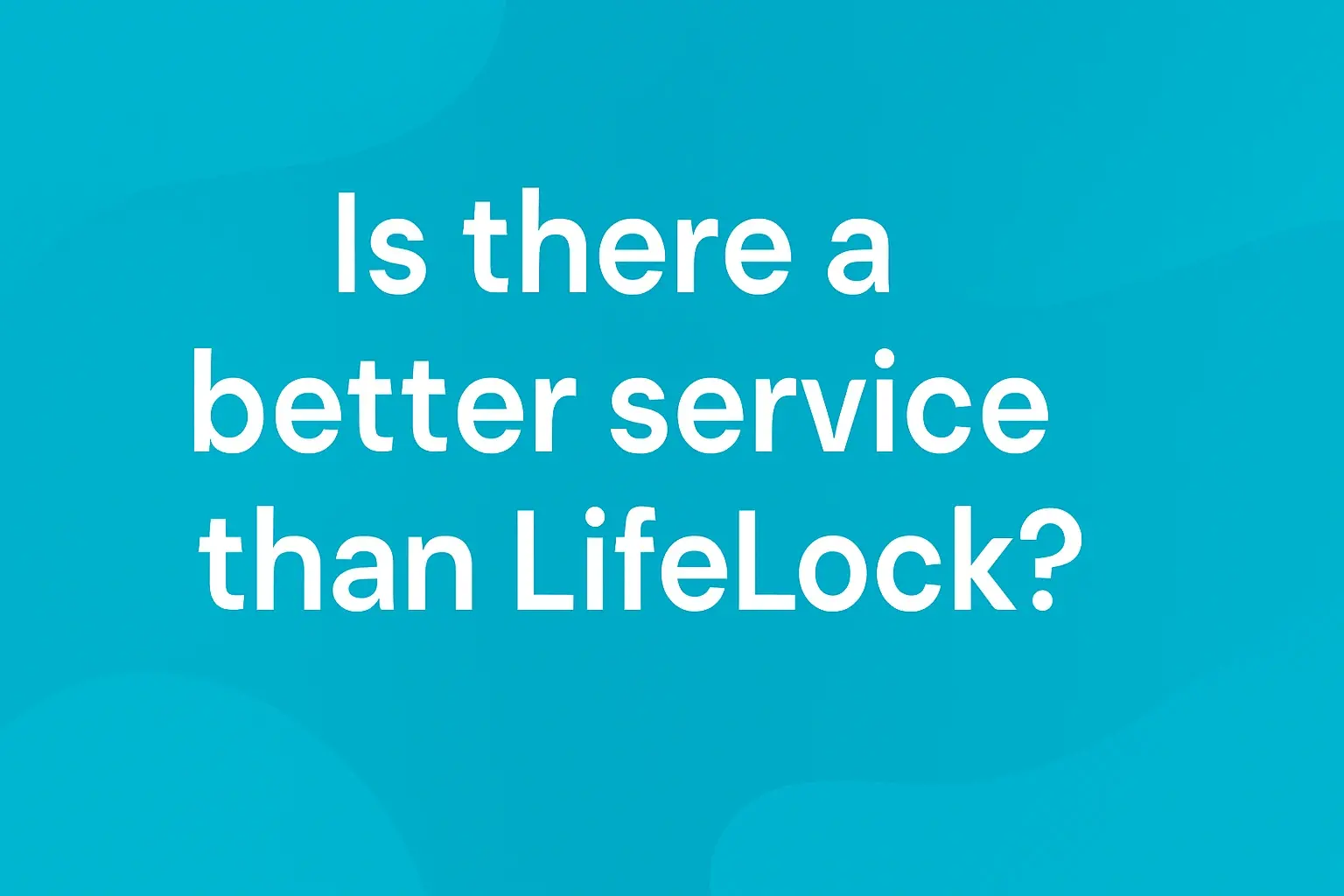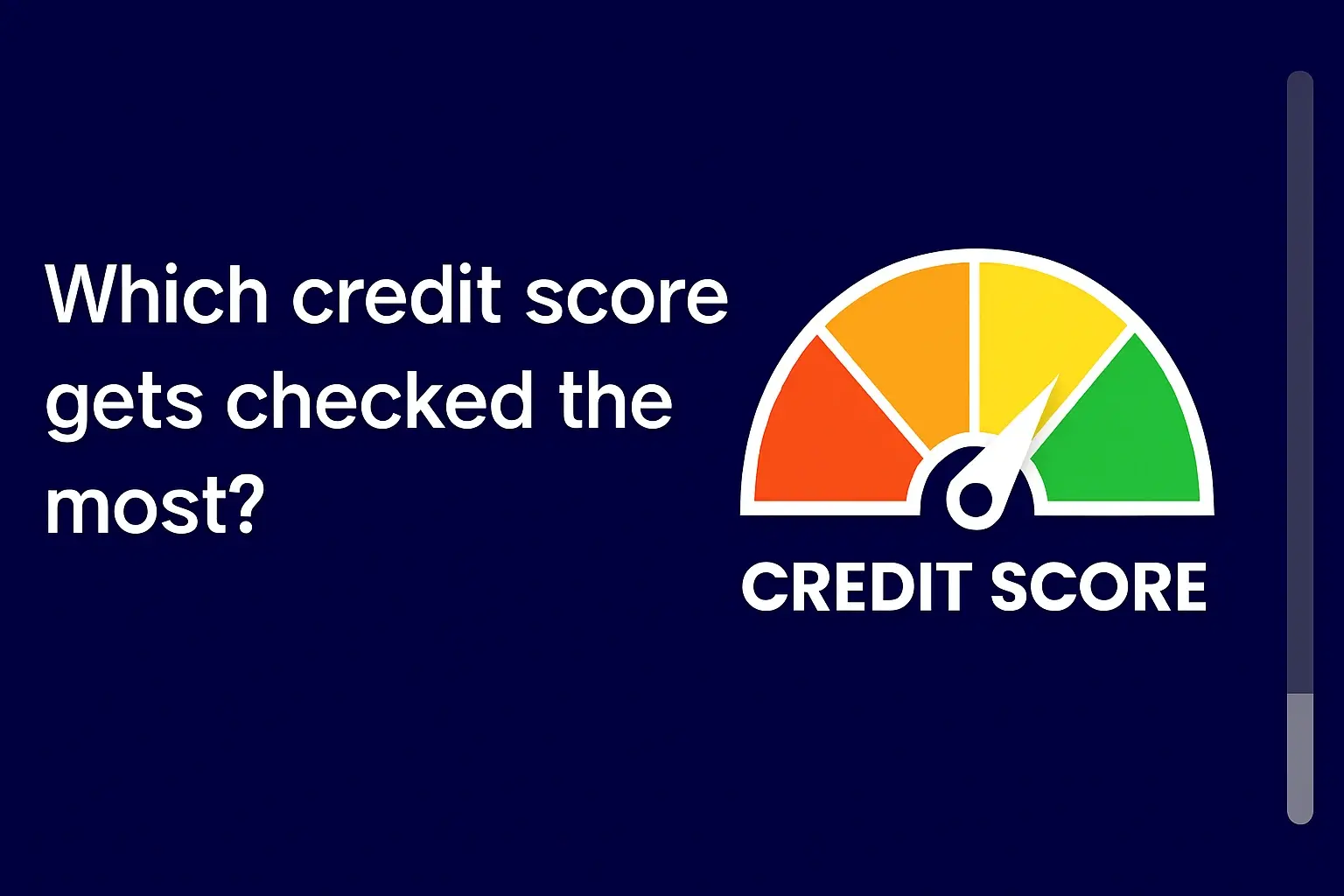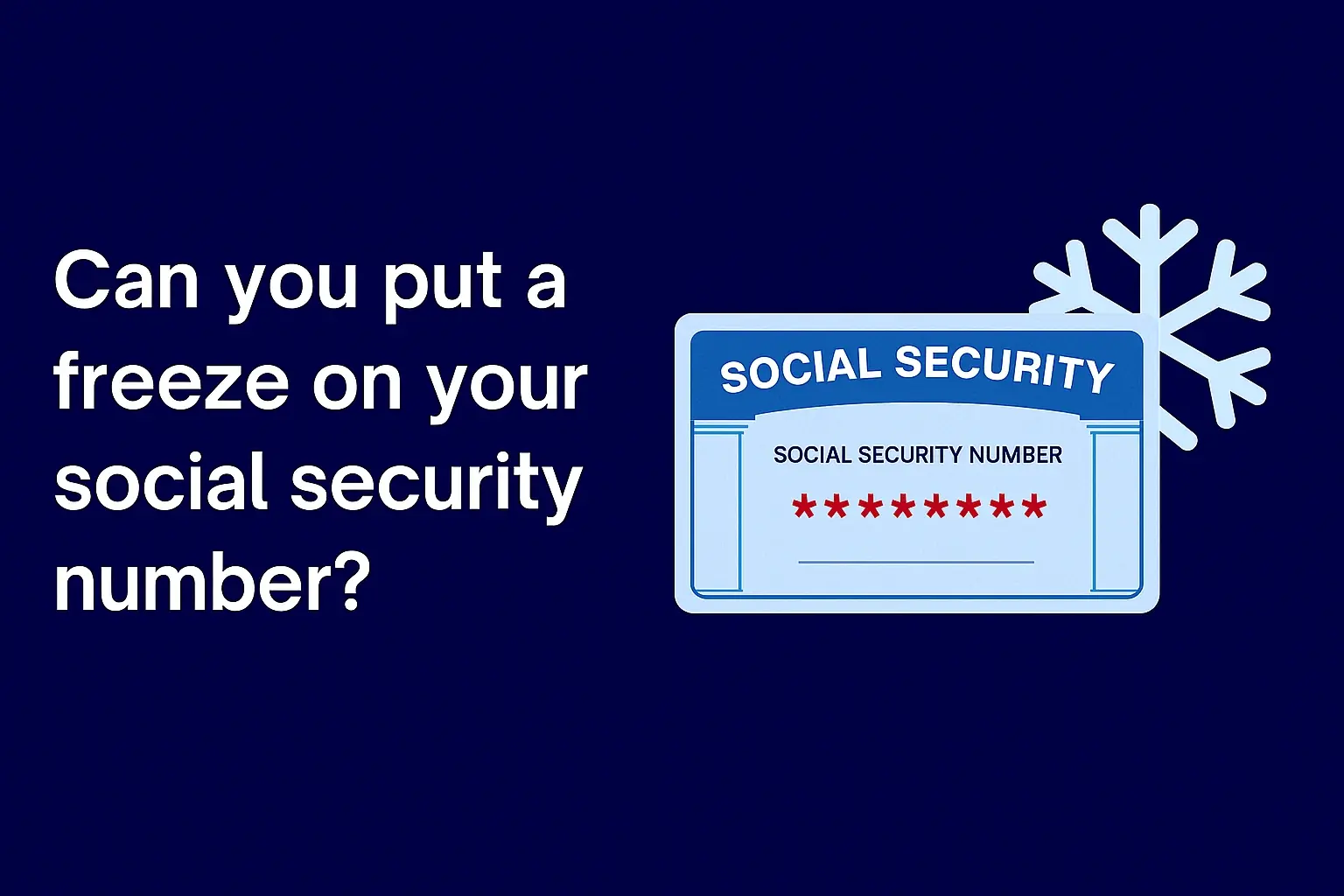-
Posted on: 31 Jul 2024
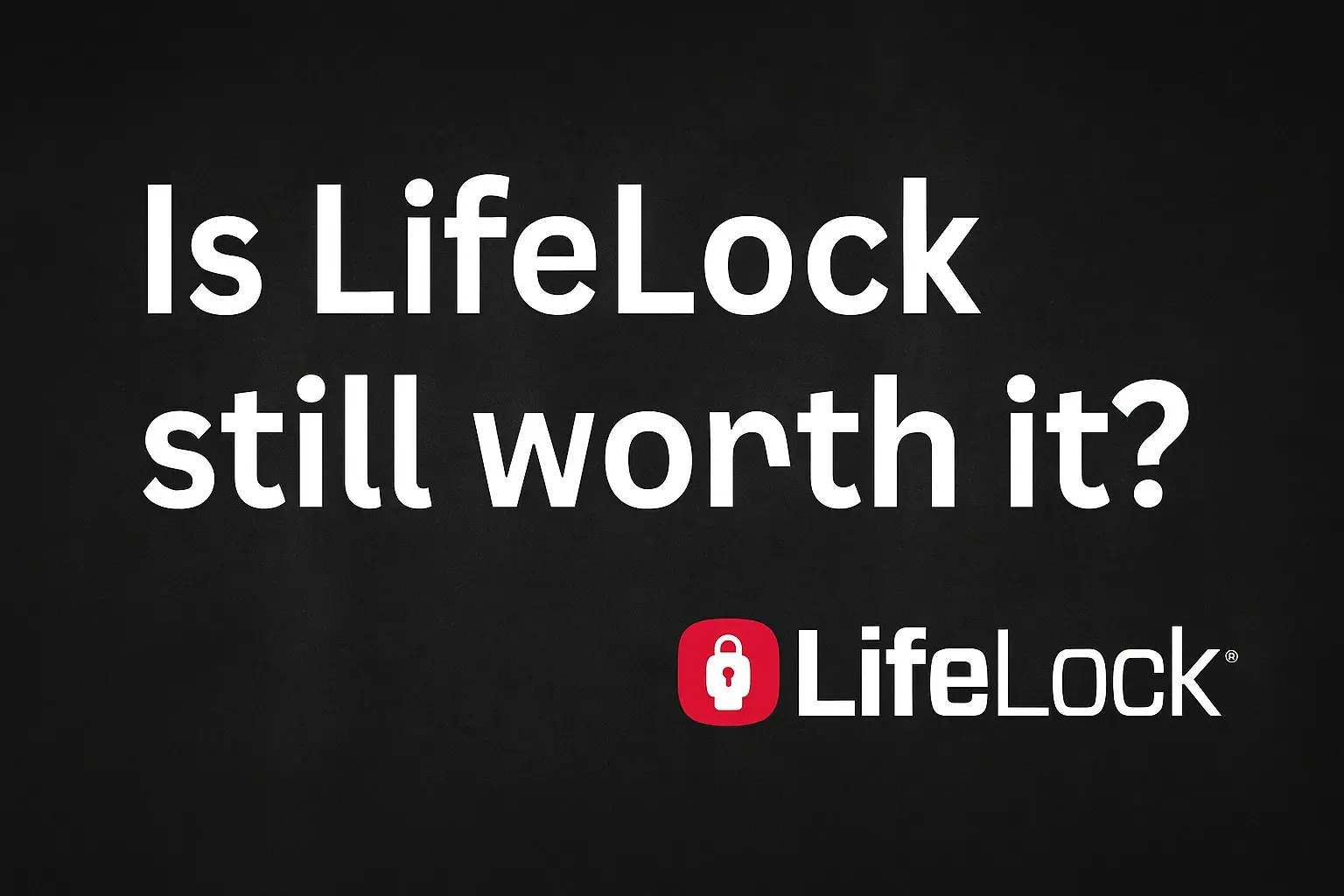
-
In today's digital age, the threat of identity theft looms large. LifeLock, a well-known name in identity theft protection, promises to safeguard your personal information. But is it still a worthwhile investment in 2024? This comprehensive review delves into LifeLock's features, pricing, pros and cons, and alternative options to help you make an informed decision.
What is LifeLock? An Overview
LifeLock, now a part of NortonLifeLock, is a subscription-based service designed to protect individuals and families from identity theft. It monitors various data points, including credit reports, public records, and online activity, to detect potential threats. LifeLock also offers identity restoration services and, in some plans, reimbursement for stolen funds and legal expenses.
Over the years, LifeLock has evolved its offerings and pricing structures. To determine its current value, we need to examine its core features and how they stack up against the competition.
Key Features of LifeLock: A Detailed Look
Identity Theft Monitoring
This is the cornerstone of LifeLock's service. It monitors your personal information across a vast network of databases and online sources, looking for suspicious activity. This includes:
- Credit Monitoring: LifeLock monitors your credit reports with the major credit bureaus (Equifax, Experian, and TransUnion) for new accounts opened, credit inquiries, and other changes that could indicate fraud. The extent of monitoring depends on the plan you choose; some plans monitor only one bureau, while others monitor all three.
- Dark Web Monitoring: LifeLock scans the dark web for your personal information, such as your Social Security number, email addresses, and passwords. If your information is found, you'll be alerted so you can take steps to protect yourself.
- Public Records Monitoring: LifeLock monitors public records, such as court records and address changes, for activity that could indicate identity theft.
- Bank Account and Credit Card Monitoring: LifeLock monitors your bank accounts and credit cards for suspicious transactions and unauthorized access. You'll need to link your accounts to LifeLock for this feature to work effectively.
- Data Breach Notifications: LifeLock alerts you if your personal information is compromised in a data breach. These alerts can help you take proactive steps to protect your accounts.
Alerts and Notifications
LifeLock sends alerts via email, text message, or the LifeLock mobile app when suspicious activity is detected. The speed and clarity of these alerts are crucial for effectively responding to potential threats. Timely alerts allow you to quickly investigate and take action to prevent further damage.
Identity Restoration Services
If your identity is stolen, LifeLock provides assistance with restoring your identity. This includes:
- Dedicated Identity Restoration Specialist: You'll be assigned a dedicated specialist who will guide you through the process of restoring your identity.
- Document Preparation: LifeLock can help you prepare the necessary documents to file police reports, dispute fraudulent charges, and contact creditors.
- Assistance with Credit Bureau Disputes: LifeLock will help you dispute inaccurate information on your credit reports.
Identity Theft Insurance
LifeLock offers identity theft insurance, which can reimburse you for expenses incurred as a result of identity theft, such as stolen funds, legal fees, and lost wages. The amount of coverage varies depending on the plan you choose.
24/7 Customer Support
LifeLock provides 24/7 customer support, which can be helpful if you need assistance with setting up your account, understanding alerts, or dealing with identity theft issues.
LifeLock Plans and Pricing: What Do You Get for Your Money?
LifeLock offers several plans with varying levels of protection and pricing. Here's a breakdown of the most common plans:
- LifeLock Standard™: This is the most basic plan, offering credit monitoring with one bureau (TransUnion), dark web monitoring, stolen wallet protection, and identity restoration services. It offers limited identity theft insurance.
- LifeLock Advantage™: This plan includes everything in the Standard plan, plus bank account alerts, fictitious identity monitoring, and increased identity theft insurance. It also includes crime alerts and data breach notifications.
- LifeLock Ultimate Plus™: This is the most comprehensive plan, offering credit monitoring with all three bureaus (Equifax, Experian, and TransUnion), annual credit reports and scores from all three bureaus, bank account application alerts, investment account activity alerts, and the highest level of identity theft insurance.
Important Pricing Considerations:
- LifeLock often offers promotional pricing for the first year of service. Be sure to check the renewal price, as it can be significantly higher.
- Pricing varies based on whether you purchase individual or family plans.
- Consider the specific features you need when choosing a plan. Paying for features you won't use is unnecessary.
You can find the most up-to-date pricing information on the LifeLock website.
The Pros and Cons of LifeLock: Weighing the Benefits and Drawbacks
Pros:
- Comprehensive Monitoring: LifeLock monitors a wide range of data points to detect potential identity theft threats.
- Identity Restoration Services: The dedicated identity restoration specialists can be invaluable if your identity is stolen.
- Identity Theft Insurance: The insurance can help cover expenses incurred as a result of identity theft.
- 24/7 Customer Support: Provides round-the-clock assistance when you need it.
- Established Reputation: LifeLock is a well-known and established brand in the identity theft protection industry.
Cons:
- Cost: LifeLock can be expensive, especially for the higher-tier plans. The renewal prices can be significantly higher than the initial promotional prices.
- Not a Guarantee: LifeLock cannot prevent all instances of identity theft. It can only monitor and alert you to potential threats.
- Complexity: Navigating the different plans and features can be confusing.
- Data Breaches: LifeLock itself has been subject to data breaches in the past, raising concerns about the security of customer data.
- Potential for Alert Fatigue: The volume of alerts can be overwhelming and may lead to ignoring important warnings.
LifeLock Alternatives: Exploring Other Identity Theft Protection Services
Several alternatives to LifeLock offer similar features and services. Here are a few of the top competitors:
- IdentityForce: IdentityForce offers comprehensive identity theft protection, including credit monitoring, dark web monitoring, and identity restoration services. It's known for its robust monitoring capabilities and proactive alerts.
- Experian IdentityWorks: Experian IdentityWorks provides access to your Experian credit report and score, as well as identity theft monitoring and restoration services. It's a good option for those who want to closely monitor their Experian credit report.
- Aura: Aura is a comprehensive digital security solution that includes identity theft protection, antivirus software, and a VPN. It offers a holistic approach to online security.
- Identity Guard: Identity Guard offers a range of identity theft protection plans, including those powered by IBM Watson's AI technology. It provides insights into your risk profile and personalized recommendations.
- Credit Karma: While Credit Karma is primarily known for its free credit score and credit report services, it also offers free identity monitoring features, such as dark web scanning and credit monitoring. However, the free features are limited compared to paid identity theft protection services.
When choosing an alternative, consider your specific needs and budget. Compare the features, pricing, and customer reviews of different services to find the best fit for you.
Real-World Examples: How LifeLock Can Help (or Not)
Let's consider a few scenarios to illustrate how LifeLock can be helpful and situations where it might fall short:
- Scenario 1: Stolen Wallet: You lose your wallet containing your driver's license, credit cards, and Social Security card. LifeLock's stolen wallet protection can help you cancel your credit cards, replace your driver's license, and monitor your credit report for fraudulent activity.
- Scenario 2: Data Breach: Your email address and password are compromised in a data breach. LifeLock's dark web monitoring can alert you to this breach, allowing you to change your password and protect your accounts.
- Scenario 3: Phishing Scam: You fall victim to a phishing scam and inadvertently provide your bank account information to a fraudster. LifeLock's bank account monitoring can detect suspicious transactions and alert you to potential fraud. However, LifeLock cannot prevent you from falling victim to the scam in the first place.
- Scenario 4: Friend Using Credit Card Without Permission: Your friend makes unauthorized purchases on your credit card. LifeLock can detect the suspicious transactions, but it might not be able to distinguish them from legitimate purchases. This highlights the importance of carefully reviewing your credit card statements.
These examples illustrate that LifeLock is a valuable tool for monitoring and alerting you to potential identity theft threats, but it's not a foolproof solution. You still need to practice good online security habits and be vigilant about protecting your personal information.
Making the Decision: Is LifeLock Right for You?
Ultimately, the decision of whether or not LifeLock is worth it depends on your individual circumstances and risk tolerance. Consider the following factors when making your decision:
- Your Risk Tolerance: How concerned are you about identity theft? If you're highly risk-averse, LifeLock may provide peace of mind.
- Your Budget: Can you afford the ongoing cost of LifeLock? Consider the renewal prices and whether the features justify the expense.
- Your Technical Skills: Are you comfortable managing your online security and monitoring your credit reports? If not, LifeLock may be a helpful tool.
- Your Previous Experiences: Have you been a victim of identity theft in the past? If so, you may be more likely to benefit from LifeLock's services.
- Your Lifestyle: Do you frequently travel, use public Wi-Fi, or engage in other activities that increase your risk of identity theft? If so, LifeLock may be a worthwhile investment.
Carefully weigh the pros and cons of LifeLock, compare it to alternative services, and consider your individual needs and circumstances before making a decision.
Also, remember that some features offered by LifeLock are available for free from other sources. For example, you can check your credit reports for free at AnnualCreditReport.com. You can also set up fraud alerts with the credit bureaus and monitor your bank accounts for suspicious activity.
Conclusion: LifeLock - A Useful Tool, But Not a Panacea
LifeLock remains a recognizable brand in the identity theft protection market, offering a comprehensive suite of monitoring and restoration services. However, its cost can be a barrier, and it's not a guaranteed shield against all forms of identity theft. In 2024, whether LifeLock is "worth it" depends entirely on your individual risk profile, budget, and willingness to proactively manage your online security. Explore alternatives, understand your vulnerabilities, and choose the solution that best fits your needs.

